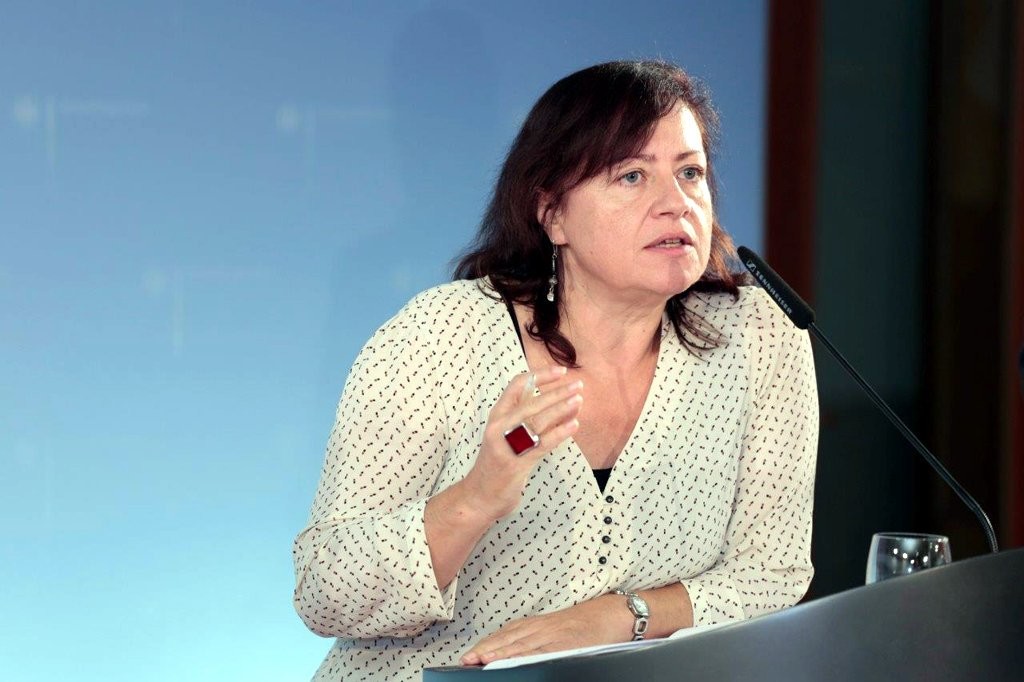Germany joined a growing list of countries and groups expressing concern over the antidrug campaign of the Philippine government which, to the international community, was focused on putting offenders to death instead of instituting massive reforms that would disable, if not eliminate, the drug menace.
Germany’s human rights commissioner cited the passage in the House of Representatives as one of the “highly regrettable” actions being taken by the administration of President Duterte in the fight against drugs.
Bärbel Kofler, federal government commissioner for human rights policy and humanitarian aid at the German federal foreign office, said in a statement that the push to revive the death penalty ran counter to the Philippine signing of a “second optional protocol” of the International Covenant on Civil and Political Rights.
The covenant binds the Philippine government to a commitment to shun executions of convicts as a penalty for grave crimes.
Since the signing of the international agreement, Kofler said Germany considered the Philippines as “a close partner of those who, like the federal government (of Germany), reject this inhumane punishment under all circumstances.”
“This situation is highly regrettable,” said Kofler, adding that Germany and the Philippines had been closely cooperating in the United Nations on many campaigns, among them on human trafficking, poverty reduction and climate change.
In her statement, Kofler also called on the Duterte administration to withdraw conditions it had set for the visit of the UN special rapporteur on extrajudicial killings to take a closer look at Mr. Duterte’s war on drugs.
With at least 8,000 deaths in the drug war, Kofler said it was important for the UN special rapporteur to visit the Philippines.
The German official also called for a speedy and fair trial of Sen. Leila de Lima, who had been sent to jail by Duterte administration officials for alleged involvement in the drug trade.



